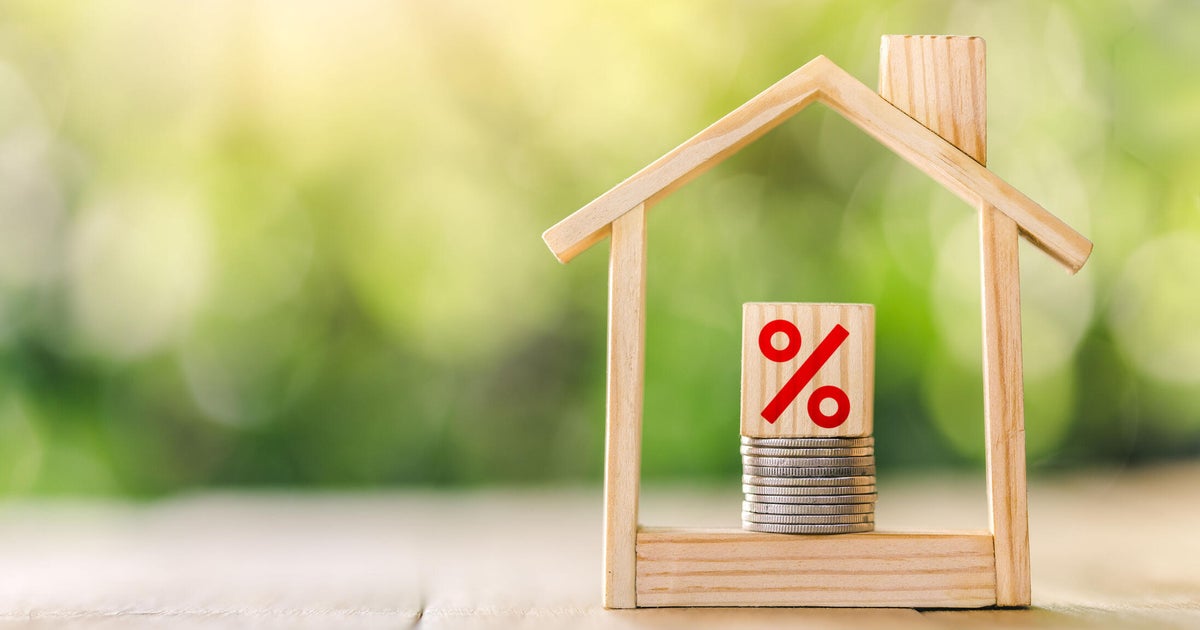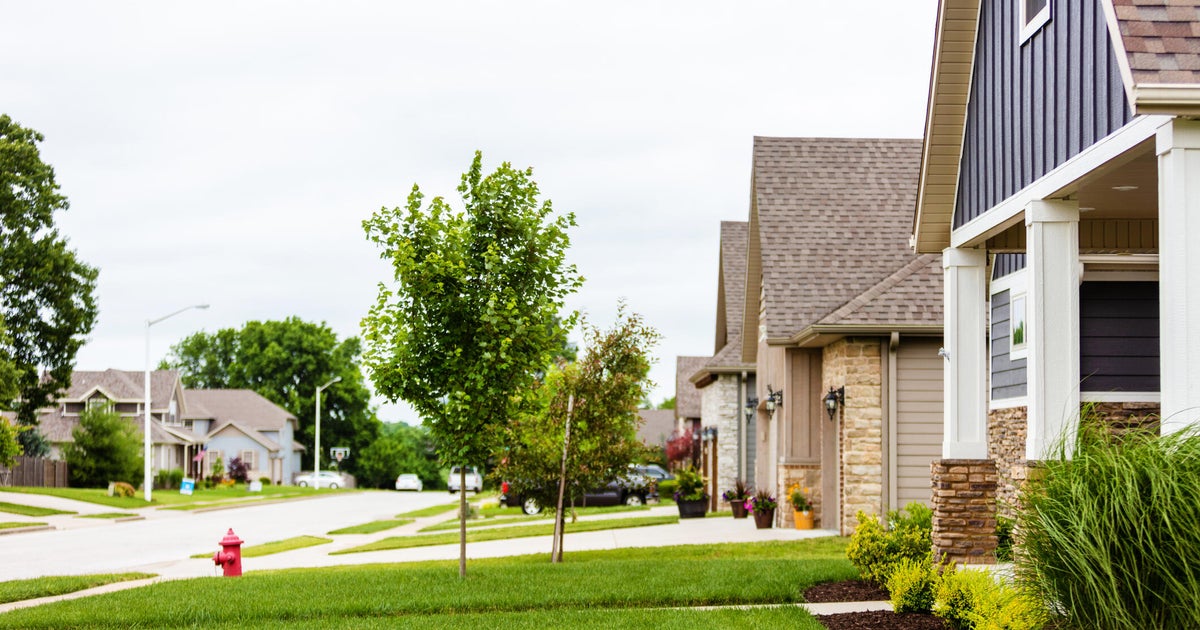Should you get an ARM or a fixed-rate mortgage? Experts weigh in
When you get a mortgage, you have a choice to make: Do you want a fixed interest rate or one that can change — possibly even move downward — at some point?
That's the key difference between fixed-rate and adjustable-rate mortgages. The former is a loan that gives you the same rate and payment for your entire loan term — often 15 or 30 years. The latter, often called an ARM, has a rate that starts off low (for the first few years of the loan) and then adjusts up or down based on market conditions periodically.
A 3/1 ARM, for example, has a fixed introductory rate for the first three years of the loan term. After that, it resets once per year. A 5/6 ARM would have a set rate through the fifth year, and then the rate would adjust every six months.
According to the Mortgage Bankers Association, ARMs currently make up about 11% of all new mortgage originations. Is it something you should consider, too, or should you opt for the consistency of a fixed-rate loan? Below we'll break down what you need to know now.
Start exploring your mortgage options here now and see what rate you could qualify for.
Should you get an ARM or a fixed-rate mortgage?
The answer to the question, according to experts, depends on multiple factors. Here's how to know which one is best for you.
The case for a fixed-rate mortgage
Fixed-rate loans make up the overwhelming majority of mortgages. They offer a set interest rate and monthly payment, making them predictable, easy to budget for and relatively low risk. This could be important given high inflation, the Federal Reserve's recent interest rate hikes, and the still-looming chance of a possible recession — which could mean job losses for many.
"The benefit of a fixed-rate mortgage is security," says Matt Ricci, a home loan specialist at Churchill Mortgage. "It provides reassurance that the base payment on your mortgage will not change."
The downside is that fixed-rate mortgages typically have higher rates than ARMs — at least in the beginning. For example, for the week ending Nov. 1, the average rate on a 30-year fixed-rate mortgage was 7.90%. On 5/1 ARMs, the rate was 6.77% — more than a full percentage point lower. The difference could amount to significantly higher interest costs.
Another downside is that fixed-rate loans don't let you take advantage of rate trends. If market rates fall below the rate you currently hold, you'd have to refinance to snag that lower rate and payment. That's not the case with ARMs, though. As Ricci explains, "A fully adjustable rate would allow the rate to reduce over time as the market comes down."
Learn more about your fixed-rate mortgage options here now.
The case for an adjustable-rate mortgage
Adjustable-rate mortgages offer an alternative to today's soaring fixed mortgage rates, so for homebuyers on a tight budget, they may be the best option. Not only can they reduce your monthly payment for that initial introductory rate period, but they can save you lots in interest, too. They can also be a great choice during recessions or after periods of strong economic growth, according to Dan Green, CEO of Homebuyer.com.
"The same economic conditions that lead the Federal Reserve to vote down the Fed funds rate also result in downward adjustments for conventional ARM mortgage rates," Green says.
Still, there is risk in taking out an ARM — as there's no guarantee rates will drop over time. Ricci recommends only getting an ARM if you have a strong understanding of the mortgage market, have the funds to handle higher payments and are willing to take a bet on the future direction of mortgage rates.
"For the average consumer, the conversation normally ends in the conclusion that the benefit received from an ARM just doesn't weigh out the risk," Ricci says.
Lindsey Harn, a real estate agent with Christie's International, is actually considering an ARM herself right now — a risk she believes will be the financially smarter choice due to today's much higher interest rates.
"While having a loan fixed for only 10 years could subject you to the volatility of higher rates down the road, I'm betting that there will be a window of time in that duration when rates will significantly improve and I can refinance," Harn says. "I would rather have the monthly savings now and monitor rates to lock into a 30-year fixed when rates are more attractive."
What's next?
Both fixed- and adjustable-rate mortgages can be useful, and the right choice really depends on your budget and goals as a borrower. If you're not sure which mortgage to get, speak to a loan officer or mortgage broker for guidance. And once you're ready to move forward, be sure to apply with several lenders. Rates, fees, and terms can vary widely between companies, so getting at least a few quotes can ensure you receive the best deal.




